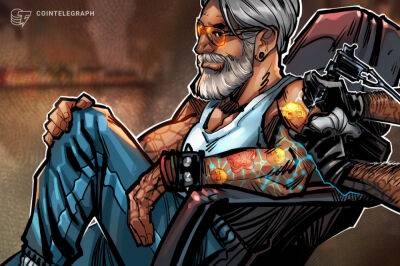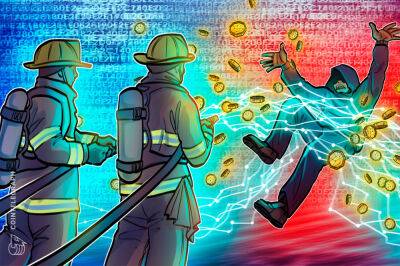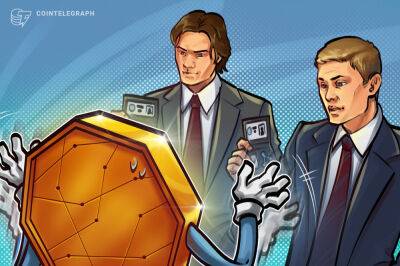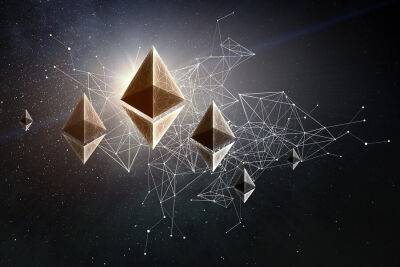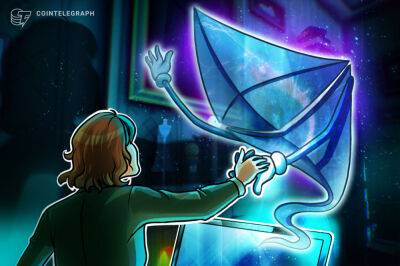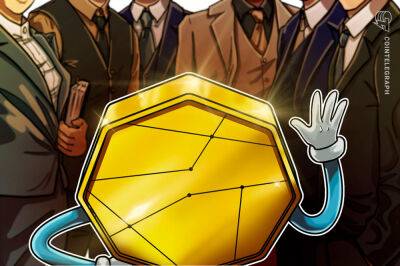How the metaverse accelerates economic development for emerging economies
Metaverse’. This comes at a time when the inflation rate has reached its peak due to siloed ecosystems, distribution nightmares, and the rising costs of centralization control — which is pushing the dire need for decentralized architecture. However, the rising advancement of virtual and augmented reality technologies have made businesses and nations recognize the potential of the virtual worlds.
A recent example could be the ‘Shanghai Model’ that is banking on the metaverse to recover from the rampant falling economy. Even countries like South Korea are planning to invest $177 million into projects related to the metaverse. Metaverse is slowly evolving into a brilliant blend of virtual reality, augmented reality, sensorial tech and spatial computing.
It promises to give us new experiences from our bedrooms, couches, cafes and cubicles.The New Economy It should be noted that metaverse is promising because it is based on a simple agenda that it is a customer-first economy. Everything in the metaverse is conceived to improve the end consumer experience. For users, one can go shopping, play games, meet friends, attend concerts, work and generally build a virtual life and lifestyle in the metaverse.
Metaverse as technology can revolutionise the education and training sector. Recent research by the University of Maryland revealed that students could retain more information when presented in Virtual Reality (VR) rather than on a static computer screen. This eventually leads to more and more students learning in an immersive environment, having better skills, landing better jobs, and recirculating the economy.
Read more on economictimes.indiatimes.com
